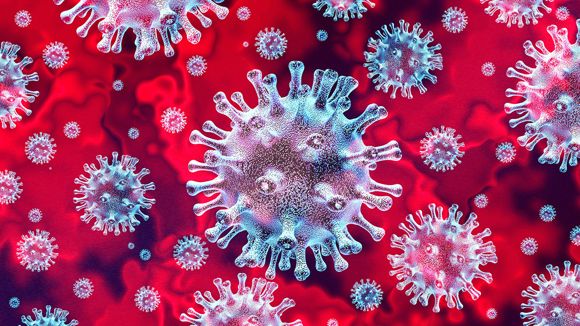
The world witnessed the first case of COVID-19 infection on 31st December, 2019 in Wuhan, China. From that day to April, this strain of coronavirus has taken the whole world by storm, killing thousands and bringing life to a standstill. According to the latest figures released by the World Health Organization (WHO), globally, the number of confirmed COVID-19 cases have reached 1,439,516 and the death toll is 85,711. In India (as on 10th April), as many as 6,412 people have been affected by this deadly virus and 199 people have lost their lives to it, according to the Ministry of Health and Welfare. Out of these, 503 have been cured/discharged and one has been migrated. With the alarmingly rapid spread of this infection, the country is currently on the 17th day of its 21-day lockdown and the government is contemplating on extending it. In fact, Odhisa has already stretched it to 30th April.
While the lockdown is absolutely necessary for containing the onslaught of COVID-19, its impact on the country, economy and people’s lives is undeniable. So, lifting the lockdown has become a hot topic for discussion and debate now. Meanwhile, a new Hong Kong-based research, published in The Lancet, warns against lifting the lockdown before an effective vaccine for this strain of coronavirus is found.
THE LANCET RESEARCH: WHAT DOES IT SAY?
Researchers from this Hong Kong study concluded that aggressive control over daily life activities has successfully ended the first wave of COVID-19 in China. However, the danger of a second wave is looming large. The study authors also suggested that if governments decide to take the lockdown off, and bring back the normalcy in people’s everyday life allowing them to move and work again, then they will have to strictly monitor cases of new infections and adjust other control measures before a vaccine for COVID-19 is in place.

Another interesting finding of the study is that the average number of people an infected person can transmit the virus to, in the worst-hit Chinese provinces fell below one after the lockdown was implemented. Earlier, the number hovered between two to three. According to Professor Joseph T Wu, one of the lead authors of the study, COVID-19 cases are likely to emerge again without herd immunity if all operations resume and social mixing increases. Herd immunity refers to the indirect protection from a disease. It is possible when enough people in a community develop immunity to that particular condition. An immune person cannot get or pass on the infection to others. A vaccine is capable of developing herd immunity against a disease.

WHEN CAN WE EXPECT A COVID-19 VACCINE?
About 35 pharma companies and research institutions are in the process of making a COVID-19 vaccine. A vaccine produced by a front line Boston-based biotech firm Moderna – will enter human trial phase soon.
